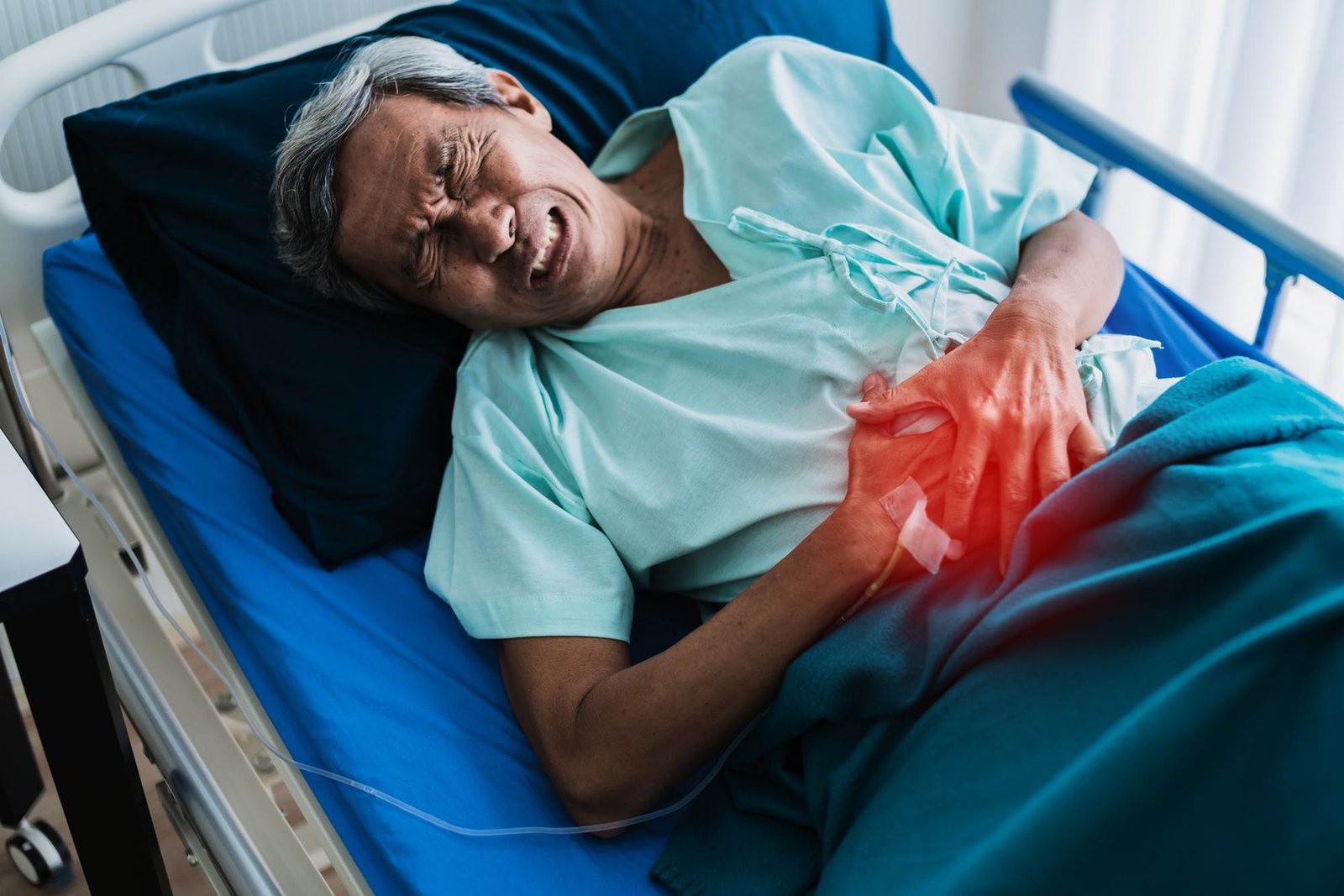
Abdominal pain is a common problem nearly everyone has experienced or will experience at some point in life. It is discomfort in the area between your chest and groin. Most cases of abdominal pain are not serious, but it is essential to consult a healthcare professional since abdominal pain Great Neck can be a sign of an underlying or developing severe health problem. Abdominal pain differs based on how quickly your pain starts and how long it lasts. For example, acute pain happens over a few hours or days, while chronic pain lasts for weeks or months. Progressive pain worsens over time and usually comes with other symptoms.
Abdominal pain can have many causes; if you are a woman, it may be due to menstrual cramps. Other possible causes include stomach virus, indigestion, and constipation. Below are common causes of abdominal pain.
Irritable Bowel Syndrome
Irritable Bowel Syndrome (IBS) is a chronic condition that affects your large intestines. Its precise cause remains unknown, but certain factors appear to play a role. They include muscle contractions in the intestines, severe infection, early life stresses, changes in gut microbes, and abnormalities in the nerves in your digestive system. The signs and symptoms of IBS vary from person to person but are usually present for a long time. If you have IBS, you may have bowel movement changes, abdominal pain, and changes in the frequency of bowel movements.
Urinary Tract Infection
A urinary tract infection (UTI) is an infection in any part of your urinary system but the bladder and urethra are the most commonly affected areas. You may not know if you have a UTI because signs and symptoms are not always present. But when signs and symptoms are there, you may experience a strong, persistent urge to urinate, cloudy urine, burning sensation when urinating, strong-smelling urine, and pelvic pain. Women are more likely to develop a urinary tract infection because of their anatomy; it is only a short distance from the urethra to the anus.
Trapped Gas
You may experience abdominal pain if a gas bubble is trapped in your digestive system. Gas is a part of the normal digestion process and passing gas through burping is also normal. Eating foods that are more likely to produce gas can cause an increase in gas. But sometimes, gas pain or increased gas may be due to digestive system disorders like celiac disease and irritable bowel syndrome. The most common signs and symptoms of trapped gas include pain in your abdomen, bloating, passing gas, and distention (an observable change in abdomen size).
Food Allergy
Food allergy is when the immune system reacts soon after eating particular foods. Even a tiny amount of the allergen can trigger signs and symptoms like abdominal pain, swollen airways, hives, and digestive problems. Most food allergies are triggered by specific proteins in chicken eggs, cow’s milk, peanuts, fish, crustacean shellfish, tree nuts, wheat, and soy. Anyone can be allergic to a particular food, but food allergies are common in children, especially infants and toddlers.
If you have abdominal pain, visit your healthcare provider at AAPB Integrative Pain Care for treatment to eliminate your discomfort.
